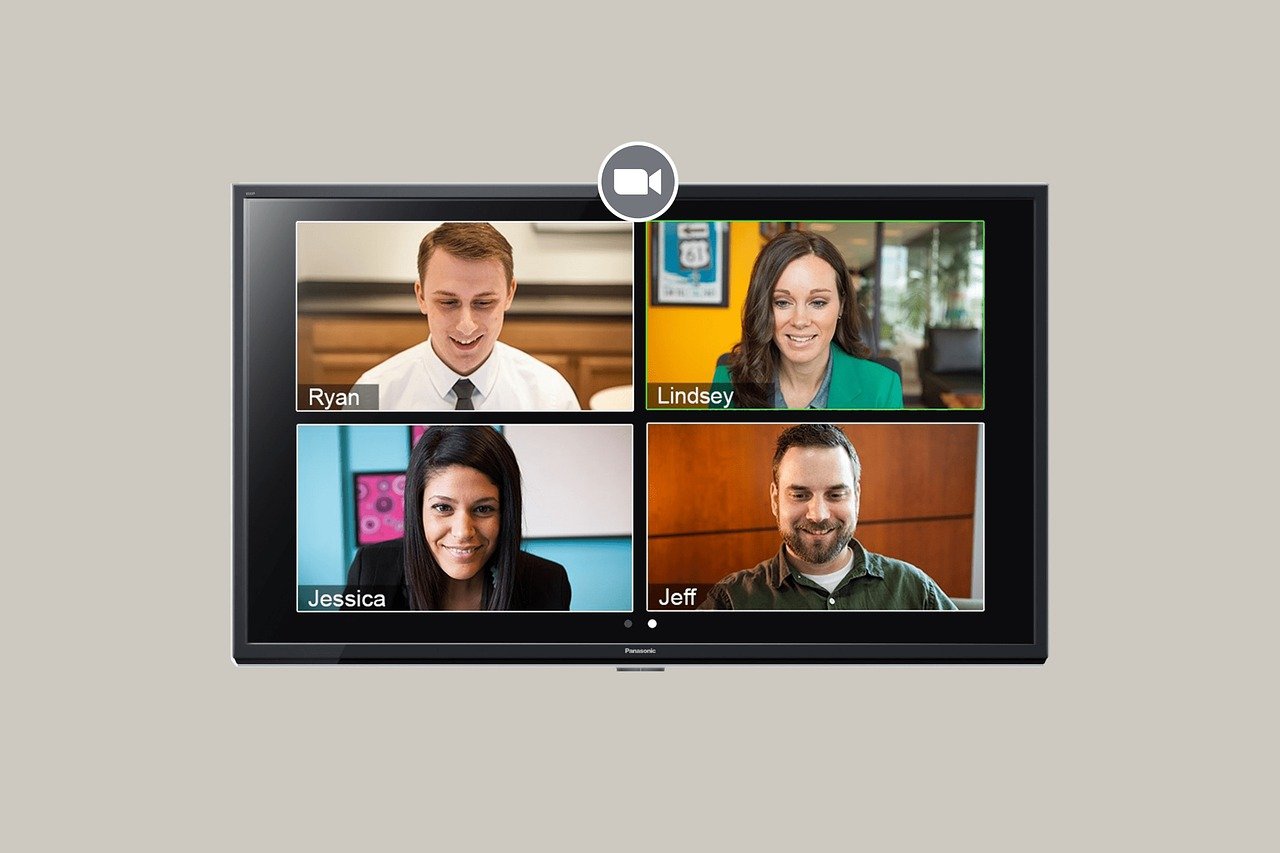5 quick and easily applicable tips to improve your job search
- Written by Lavinia Appadoo
- •
- March 30th, 2021
- •
- 3 Minute Read

Finding a new job can be a challenging experience. That’s why we have provided 5 tips to get you on the right track and making the most out of your time.
Expand your search
Don’t limit yourself. Apply for jobs that are outside your comfort zone. Try not to focus on one area of work, go for something different. When applying for new roles, expand your filters and sign up to different job search companies such as CV library.
Get organised
Set yourself targets and plan ahead so you can achieve your goals. Prioritising important tasks will help you make the most out of your time and keep up your motivation.
Eat, sleep, apply, repeat
How you spend your time determines the course of your life. If you don’t have a job or any other major commitments, concentrate on spending a lot of your time looking for jobs and researching online.
Work on your CV
CV’s play a huge role in whether or not you succeed in your applications. Spending time to create and update your CV regularly and making sure all the information is clear is vital. Alongside applying online, why not try contacting companies directly to get your foot in the door.
Be kind to yourself and have patience
Employers receive many applications, meaning that the competition is quite high. Acknowledging this will arm you to be more patient in striving to do your level best whilst searching for a suitable job. Aim to apply for a considerable number of jobs each day. Prepare yourself mentally as you may be in it for the long haul. Remember to be consistent but also kind to yourself and take regular breaks to help your concentration.
Related Articles: How to stand out from other applicants





